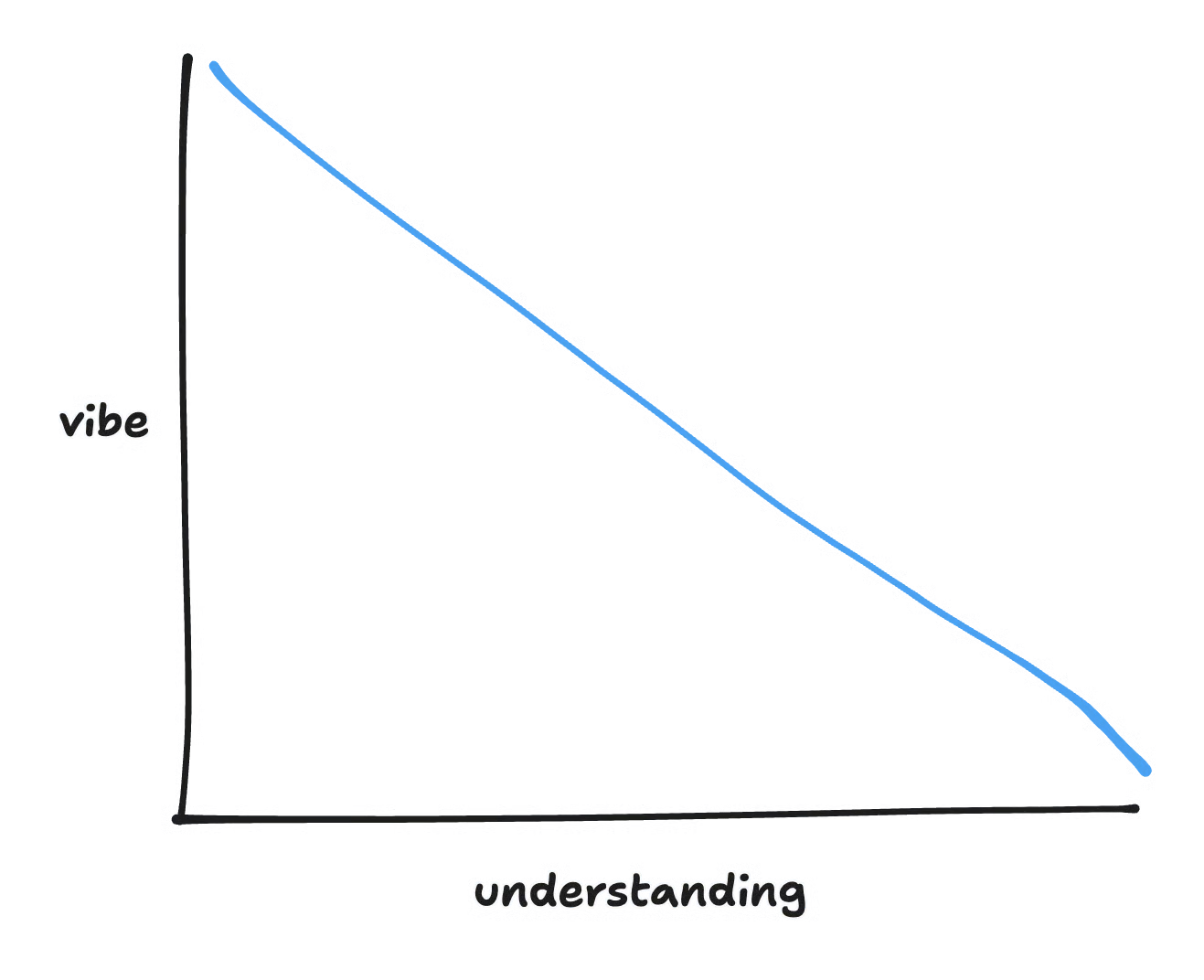Wisereads Vol. 103 — Learn Like an Athlete by David Perell, Flatland by Edwin Abbott, and more
Last week, we shared a preview of Ed Latimore's recent release, Hard Lessons from the Hurt Business: Boxing and the Art of Life. This week, we're sharing Edwin A. Abbott's Flatland, his 19th-century social satire and masterclass in abstraction.
Keep reading to add to your Reader account below 👇
Most highlighted Articles of the week

Vibe code is legacy code
Founder-engineer Steve Krouse likens vibe coding to legacy code, exploring when AI-powered rapid development works best and when careful, intentional coding is needed. "We already have a phrase for code that nobody understands: legacy code... When you vibe code, you are incurring tech debt as fast as the LLM can spit it out. Which is why vibe coding is perfect for prototypes and throwaway projects: It's only legacy code if you have to maintain it!"

Learn Like an Athlete
Great minds think alike: last week, Tyler Cowen’s call for knowledge workers to train like athletes resurfaced among the most-read pieces. This week, writer David Perell echoes the theme with his post on learning. "Even among the most ambitious individuals, learning plans are rare. Most people are reactive. They don’t plan. Like surfers in a violent ocean, they surrender to their environment. They direct their attention towards the never-ending shouts of email newsletters, friend recommendations, and social media feeds. We can do better."

'Self-termination is most likely': the history and future of societal collapse
In Goliath's Curse, existential risk researcher Luke Kemp traces the rise and fall of more than 400 societies over 5,000 years, a project seven years in the making. "'I’m pessimistic about the future,' he says. 'But I’m optimistic about people.'... The lessons he has drawn are often striking: people are fundamentally egalitarian but are led to collapses by enriched, status-obsessed elites, while past collapses often improved the lives of ordinary citizens."
Most highlighted YouTube Video of the week

How to articulate your thoughts more clearly than 99% of people
Master the art of clear, impactful communication with Google’s Matt Huang in Articulacy 101. "If you decrease the mental load of your listener, then that gives them more bandwidth to actually think about what you're saying and thereby understand what you're saying. Now, what do I mean by mental load? Well, mental load is literally anything that you say or do that makes the other person have to use more brain power in order to understand whatever you're trying to explain."
Most highlighted Twitter Thread of the week

Agents or Bots? Making Sense of AI on the Open Web
Perplexity fires back at Cloudflare after its recent blog post, arguing the company can’t reliably tell friend from foe. "This controversy reveals that Cloudflare's systems are fundamentally inadequate for distinguishing between legitimate AI assistants and actual threats. If you can't tell a helpful digital assistant from a malicious scraper, then you probably shouldn't be making decisions about what constitutes legitimate web traffic."
Most highlighted PDF of the week
Persona Vectors: Monitoring and Controlling Character Traits in Language Models
University researchers and Anthropic study "persona vectors," directions in activation space linked to traits like evil, sycophancy, and hallucination. "Both intended and unintended personality changes after finetuning are strongly correlated with shifts along the relevant persona vectors. These shifts can be mitigated through post-hoc intervention, or avoided in the first place with a new preventative steering method."
Hand-picked book of the week

Flatland
In a flat world of circles, triangles, and lines, a Square’s reality shatters when a visitor arrives from the third dimension. Edwin A. Abbott’s Flatland is both a sharp social satire and a compact masterclass in abstraction: how to question defaults, reason about unseen constraints, and convey new ideas to skeptical minds.
"Hence learn this lesson, that to be self-contented is to be vile and ignorant, and that to aspire is better than to be blindly and impotently happy."
This edition of Flatland is available through Standard Ebooks. You can explore their ever-expanding collection of high quality, carefully formatted, and free public domain ebooks here.
Handpicked RSS feed of the week

Escaping Flatland
From his pine-covered island in the Baltic Sea, Henrik Karlsson writes with a blend of beauty and clarity that uncovers truths hiding in plain sight, often through essays on relationships, thought, and agency. From Sometimes the reason you can’t find people you resonate with is because you misread the ones you meet: "There are three types of friendship, Aristotle says. The first one is based on pleasure—the way our relationship in high school was all about laughing, or the way you can date someone because they are hot and make you feel good. The second is based on utility—you’re friends because it is useful, because your friend plays drums and you need a drummer in your band, or you’re friends because the other person is high status and gives you access to resources... The third and deepest kinds of friendship, according to Aristotle, are friendships of virtue."